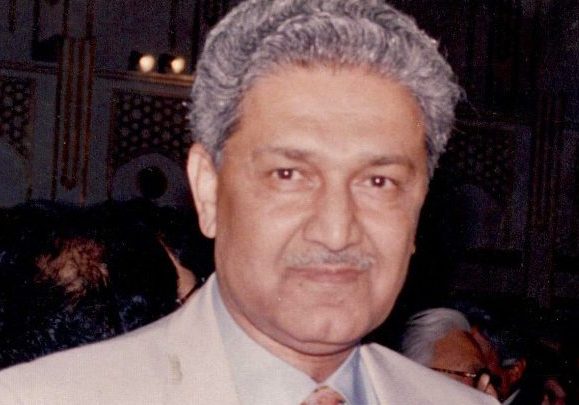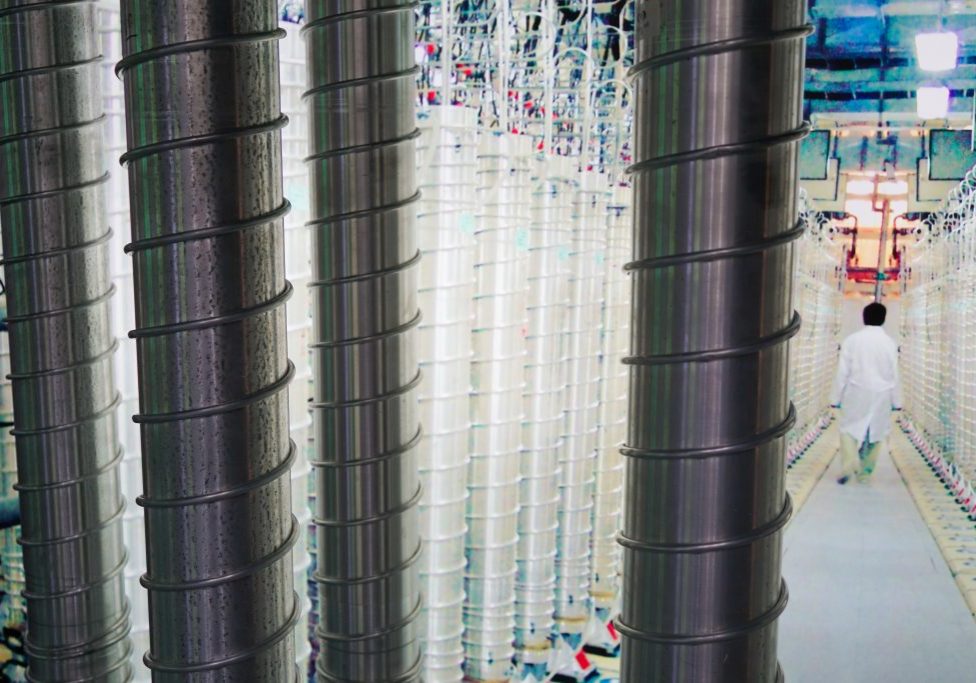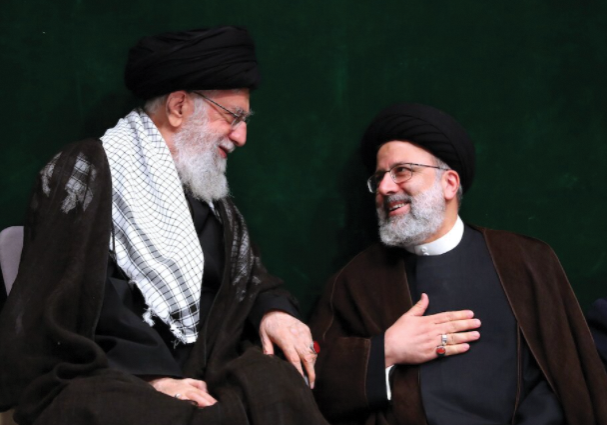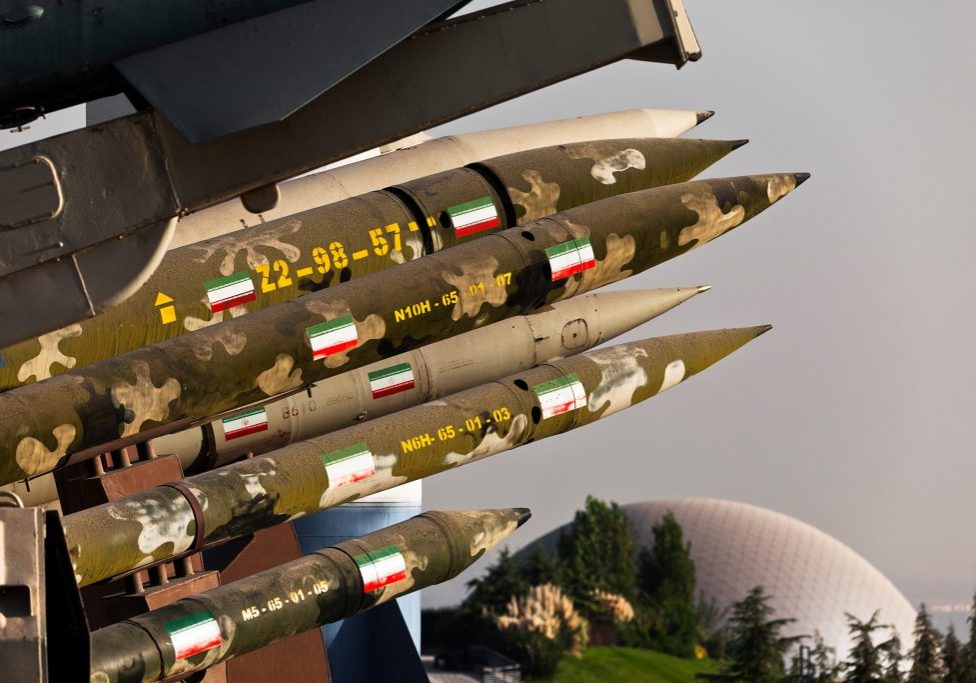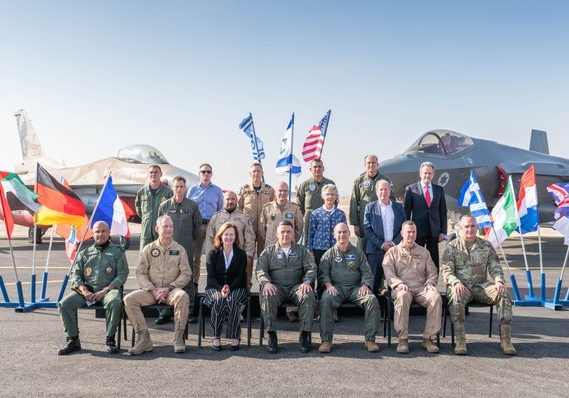Australia/Israel Review
Teheran’s Nuclear Calculus
Jun 29, 2009 | Allon Lee
By Allon Lee
Dr. Emanuele Ottolenghi is well versed in answering the question commonly posed by innocents and apologists as to why Iran is not entitled to enjoy nuclear power like so many other countries.
The Executive Director of the Transatlantic Institute retorts that after more than 20 years since Iran – home to some of the world’s largest oil reserves – began to officially pursue nuclear energy, for all the billions spent, not one single watt of electricity has been produced.
The subtext of the argument put forward by the eminent political scientist and author of the recently published book on the subject – Under a Mushroom Cloud (reviewed in last month’s AIR) – is that Iran’s nuclear program is clearly a case of “where there’s smoke, there’s fire.”
Iran toys with NPT
As a signatory to the Nuclear Non-Proliferation Treaty (NPT) the Iranians are obligated to abide by their commitment to never become a nuclear weapons state. Failure to comply with that obligation attracts severe consequences.
“So if Iran is caught building a bomb; or making experiments that have to do with a military program; or enriching or shaping enriched uranium into hemispheres, as they are reported to have done; or doing all sorts of other things with a clear military application; Iran may be declared in breach,” Ottolenghi says.
The International Atomic Energy Agency, hardly a lackey of the United States or Israel, deemed Iran to be in breach of its NPT obligations prompting the United Nations Security Council to slap sanctions on the Islamic Republic.
The Iranians have shown no sign of desisting from their nuclear weapons program and therefore, the world’s concerns about Iran’s nuclear program is not whether they will get the bomb “but how soon before Iran has learnt how to make it”.
The distinction between Iran having a nuclear weapon and knowing how to build a nuclear weapon is irrelevant, he said, comparing it to “the difference between knowing how to ride a bicycle and owning a bicycle.”
“You may not own a bicycle but once you’ve learnt how to ride it, you cannot unlearn,” Ottolenghi said.
As such, the question is “how fast are the Iranians advancing in their learning curve on their bicycle-riding goals?”
Knowledge is power
He doesn’t believe it likely Iran would use a nuclear weapon because its intention is hegemonic and not demonic.
“Once they have that knowledge our strategic calculus in the region will change because we will not know whether they have it or not and they aren’t going to tell us,” he said.
“Ahmadinejad during the campaign said ‘we are already a nuclear power and we are ready to partake in the running of the world’. That’s what they want to do,” he said.
Once the world believes Iran might have the bomb all manner of demands will be issued “and if we don’t know if they have the bomb or not, we are not going to go and uncover their bluff.
“They will send their navy through the Suez Canal and dare Mubarak to challenge them. He knows what the consequences might be if they have it and that ambiguity is the basis on which they will build their policy,” he warned.
With a nuclear weapons card in hand, Iran will be empowered to confidently but politely push its claims.
“They want us to come to them nicely. They’ll be very welcoming and hospitable because it’s part of their civilisation and they’ll say ‘look, all those American naval bases in the Gulf, please move them away. We’ll be the guarantor of security in the region’. And if we don’t accept it nicely they will do all sorts of mischief to make the point,” he suggested.
The Uses of Nuclear Power
A nuclear-armed Iran can bring Israel to its knees without dropping the bomb by exerting external pressure on Israel’s friends and allies, he said.
“All they need is for the price of oil to rise to US$300 a barrel and then they can squeeze the courageous Europeans – the ones who always send one-and-half soldiers to peacekeeping missions so long as the soldier-and-a-half is not in harm’s way,” he said.
As an alternative to the stick, there is also the carrot of cheaper oil to Europe. “‘Just behave a little more nicely. So start by putting sanctions on Israel, cancel your association treaties. Start being serious about prosecuting their generals in your courts. Put a visa [requirement] on them when they come. Stop buying their products. Stop letting them sell their products.’ All sorts of things – gradually, politely, slowly,” he said.
Eventually Israel is severely weakened, isolated, under pressure, and diplomacy will do the rest.
“They don’t need to drop a bomb. Which is why they don’t need to build it. All they need is for us to think they might have it. And for that the timeline is much shorter,” he said.
Changing Iran’s Calculus
Ottolenghi rules out bombing Iran’s nuclear installations as too risky to guarantee probable success.
The road that has to be taken is one of sanctions, he said. “Iran’s economy is highly vulnerable to pressure from outside, mainly from Western countries, because without the technologies supplied by Western countries, Iran’s economy is crippled,” Ottolenghi stressed.
The time to push on with additional punitive sanctions is long past and the United States and Europe must do so without a consensus involving Russia or China, otherwise “we will wait forever”.
“Even though it would be nice to have them on board, the United States, Europe and their allies can still put together a set of crippling measures that will force the regime to realise that the nuclear regime is not their guarantee to survival, but will be the cause of their demise.
“We should use those instruments quickly, forcefully and very soon. And hopefully this election will change the calculus in certain capitals and make people realise that now is not the time to be nice,” he said.
Dr. Emanuele Ottolenghi visited Australia as a guest of the Limmud Oz annual conference and AIJAC.
Tags: International Security

